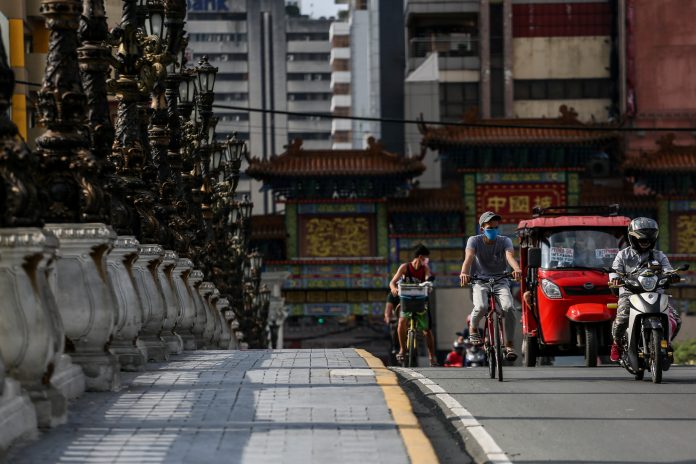The Association of Major Religious Superior in the Philippines joined civil society groups in calling on international financial institutions, lenders, and governments for financial relief.
“We are reaching out to those who have the power to change the fate of many people especially in countries that are bleeding because of debts,” said Father Angelito Cortez, executive secretary of AMRSP.
The priest called on lenders and financial institutions to “allow these countries to use the resources freed from debt for initiatives that will improve human lives and provide social protection.”
In April, Pope Francis implored world leaders “not to forget the vulnerable” during the global crisis and called for “reduction, if not the forgiveness” of debt for poor countries.
The pontiff stressed that these debts “make it difficult for countries on which they have been imposed to provide adequate support to their citizens.”
“This is not a time for indifference, because the whole world is suffering and needs to be united in facing the pandemic,” the pope added.
More than 550 civil society organizations, including Church groups, have issued an appeal for financial relief.
In a statement, civic groups urged nations and lenders to cancel all debts and to allow low-income countries to cope with the crisis brought about by the coronavirus pandemic.
“The staggering problem of debt is beyond the bleeding of public coffers in the face of great need and vulnerabilities,” read the statement.
Despite the “urgency and severity” of the global crisis, the groups said, “responses to the debt problem have been severely insufficient… and in many occasions counterproductive.”
The groups said governments and the international community “are failing to move into emergency mode for people and communities” who are bombarded with “intense multiple crises.”
The groups noted that the Global South spent over US$300 billion annually for Public External Debt payments to bilateral and multilateral lenders such as the World Bank and IMF.
“The debt problem is compounded by illicit financial flows also in the billions of dollars,” the groups said, adding that the money spent for debt payment is at present “vitally needed for public investment on vital healthcare to fight” the pandemic.
In April 2020, the International Monetary Fund said it will use a US$500-million COVID-19 debt relief package to cover several months of debt payments being made to the IMF by 28 countries.
The groups, however, said that IMF’s move would “depend on whether it receives additional pledges from member governments for its Catastrophe Containment and Relief Trust.”
“In fact, the IMF did not write off its claims. The contributions of several rich countries to CCRT were used to repay IMF claims from these 28 countries,” the statement read.
Also in April, G20 governments introduced the “Debt Service Suspension Initiative,” which allowed an eight-month delay of up to US$12 billion worth of payments for public debts.
However, only 73 countries were considered eligible to avail of the debt payment suspension.
Lidy Nacpil, coordinator of the Asian People’s Movement on Debt and Development and one of the signatories of the statement, said that instead of offering a debt relief package or new loan programs as part of the response to the pandemic, “lenders must use the money to cover the debt cancellation.”
“Instead of giving us relief, lenders are enticing and alluring low-income nations to loan more,” she said. “The tendency is governments will borrow more money because they need to respond to the crisis.
“It is high time for world leaders to support a just recovery from the pandemic through debt cancellation,” said Nacpil.
“It will not only give relief to poor countries, like the Philippines, but it will save thousands of lives because we can use the money for the advancement of the healthcare system,” she said.









